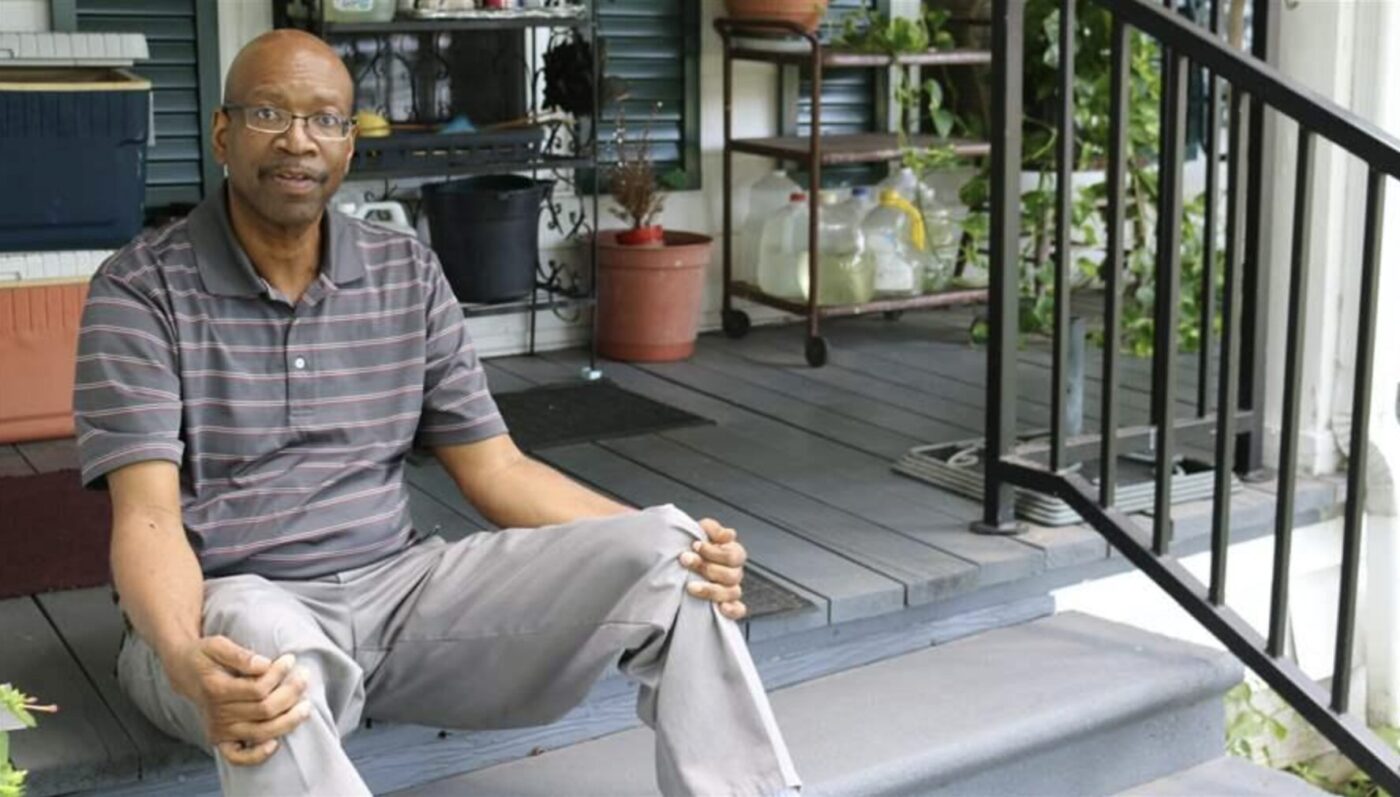How to Find Mental Health Care If You’re A Veteran – Even In A Rural Area

If there is something we have learned about supporting our veterans, it is that mental health is one of the most complicated problems to tackle, especially for veterans in rural areas. VA reports have found that veterans are most vulnerable in the first three months following separation from military service, although suicide risk “remains elevated for years after the transition.” With this information, we can better support our veterans and their families to get them the assistance they need.
While veterans can access mental health care through a variety of channels, knowing what is available to them and gaining access are common hurdles for not just rural veterans but all veterans. Listed below are resources available to veterans looking for mental healthcare.
The two main mental health resources are the VA and the Veteran Crisis Line.
VA Mental Health Services
- VA mental health services are available to all veterans, regardless of their discharge status, and even if they don’t qualify for full VA benefits.
- The VA offers various mental health services, including individual and group therapy, medication management, and support groups.
- You can find a VA medical center or Vet Center near you through the VA.gov website.
Veterans Crisis Line (988, then press 1)
- This is a crucial resource for veterans experiencing a crisis or needing immediate support. It’s accessible 24/7, offering confidential counseling through phone, text, and online chat.
- If you or the veteran or service member in your life shows signs of crisis, contact the Veterans Crisis Line. In the United States, dial 988 then press 1 or text 838255.
- You can chat online with a VA responder from anywhere.
- If you are overseas, you can connect with the Veterans Crisis Line Chat. If you prefer a phone call, you can request this via chat. A crisis line responder will call the number you provide at no charge.
But if those are unavailable to you due to location or other reasons, here’s a list of other mental health resources you might not know about.
Boulder Crest is the home of Posttraumatic Growth (PTG). They offer life-changing programs free of charge to members of the military, veterans, and first responder communities, and their families.
America’s Warrior Partnership
America’s Warrior Partnership’s mission is to partner with communities to prevent veteran suicide. Their programs accomplish this by starting at the community level and understanding the unique situations of veterans and their families.
Avalon Action Alliance connects our nation’s veterans and first responders with life-changing programs. Their Alliance Partners offer a wide range of treatments, training and support tailored to the unique needs of our veterans and first responders.
Shields & Stripes provides a top-tier rehabilitation program for our military veterans and first responders.
Warrior Canine Connection utilizes a Mission Based Trauma Recovery model to help Warriors recovering from the stress of combat reconnect with their families, communities, and life. By interacting with the dogs as they move from puppyhood to training to adult service dogs, Warrior Trainers benefit from a physiological and psychological animal-human connection.
Wounded Warrior Project
Provides various mental health services, including individual and couples counseling, and PTSD and addiction treatment.
Military OneSource
Offers resources for veterans, including mental health information and a directory of services.
Mission Roll Call’s Veteran Resource Directory
Our comprehensive directory connects veterans and their families to organizations ready to help.
When it comes to the mental health of veterans and their families, we know there’s not one solution that fits all. But what we do know is that we need to be more proactive. Help exists for veterans and their families; they just need to know what is available to them. Share this article with a veteran – they might need it or know someone else who does.